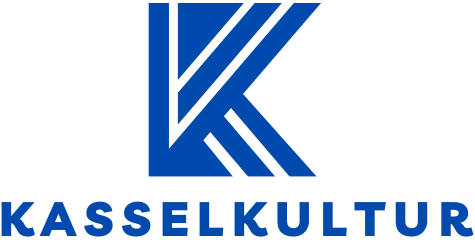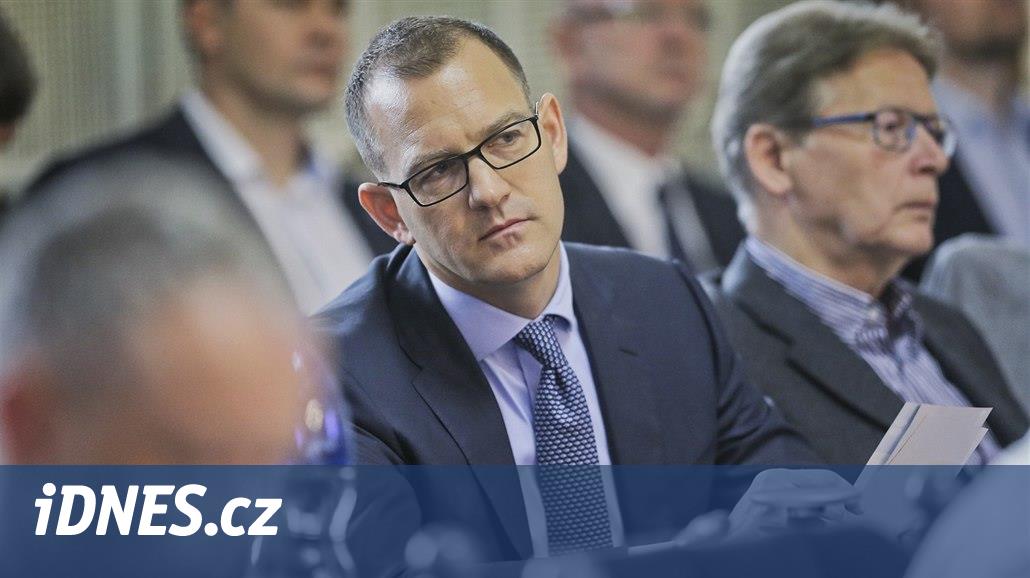In the realm of negotiation, individuals often unconsciously participate in the process, echoing Molière’s Monsieur Jordan’s sentiment that negotiation is an intrinsic part of human interaction. Svetlana de Chabot from The Gap Partnership sheds light on this concept and emphasizes the importance of recognizing and understanding the dynamics of negotiation in order to achieve one’s goals. The approach that people take in negotiations, be it a propensity for long-term cooperation for mutual benefit or a desire to achieve personal goals through negotiations, significantly influences the strategies used and the results achieved.
Research conducted by The Gap Partnership reveals a preference for collaboration over competition, with 66% of respondents viewing a collaborative approach as more effective in negotiations. This preference is rooted in the satisfaction that comes from the process and outcomes of collaborative negotiations. However, the negotiation landscape is evolving, with rising interest rates, inflation and supply chain challenges increasing the frequency and complexity of negotiations in a VUCA (volatile, uncertain, complex and ambiguous) world. In such an environment, the importance of strategic relationship building, trust and collaboration becomes paramount for sustainable growth. Despite a general trend towards competitive negotiations, particularly highlighted in Australia and Mexico, there remains a significant proportion of respondents in the UK and Germany who take a neutral stance on the nature of negotiations.
The competitive dynamics in commercial environments often promote a zero-sum mentality that views negotiations as a battle rather than an opportunity for mutual gain. This perspective hinders effective communication and the exploration of common interests, leading negotiators to use confrontational tactics without a thorough understanding of the principles and strategies of negotiation. The Gap Partnership, with its extensive experience in negotiation training, emphasizes the need to develop effective negotiation strategies and skills to successfully navigate complex negotiations. Although a majority of professionals have already taken part in negotiation training, there is a consensus on the need for further training to improve negotiation outcomes.
For those seeking to maximize value creation in negotiations, the key lies in acquiring the right set of negotiation skills, developing robust primary and contingent strategies, effectively managing emotions, and taking an optimistic approach to any negotiation. By balancing competition and collaboration, negotiators can navigate the complexities of negotiations to achieve optimal results.

„Hipster-friendly writer. TV enthusiast. Organizer. General contractor. Internet pioneer.“







